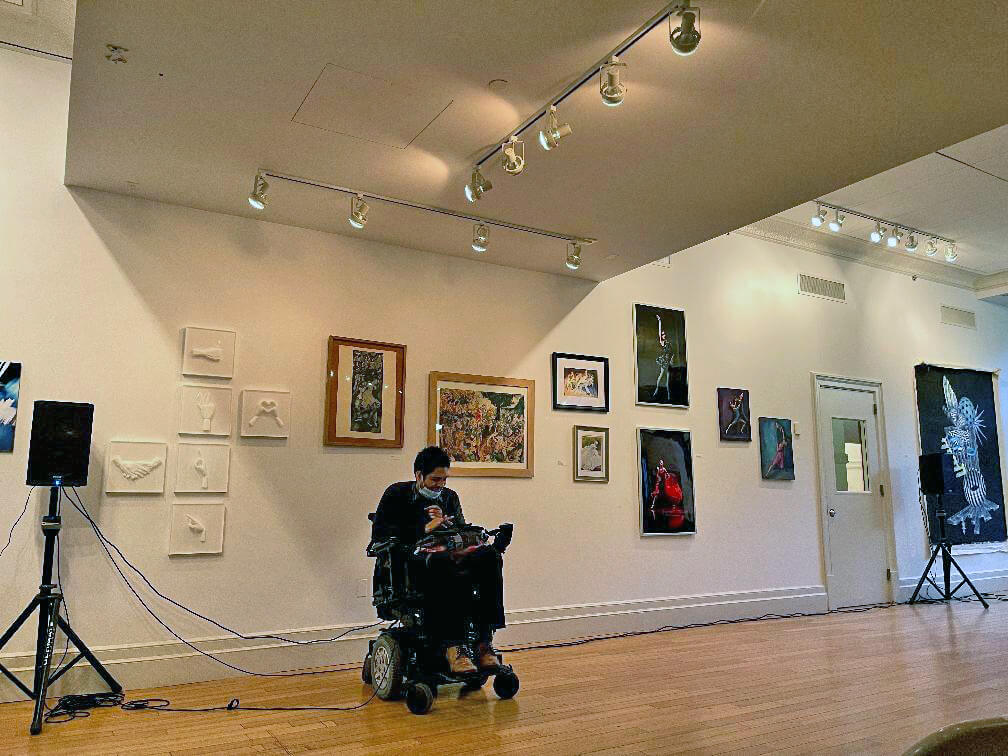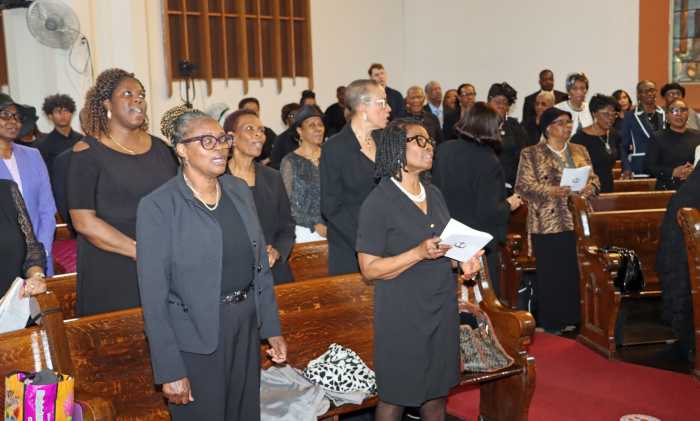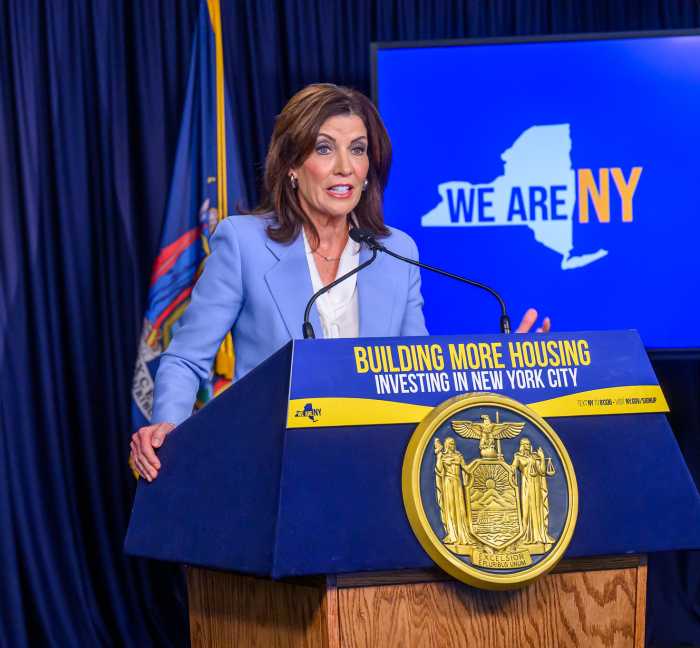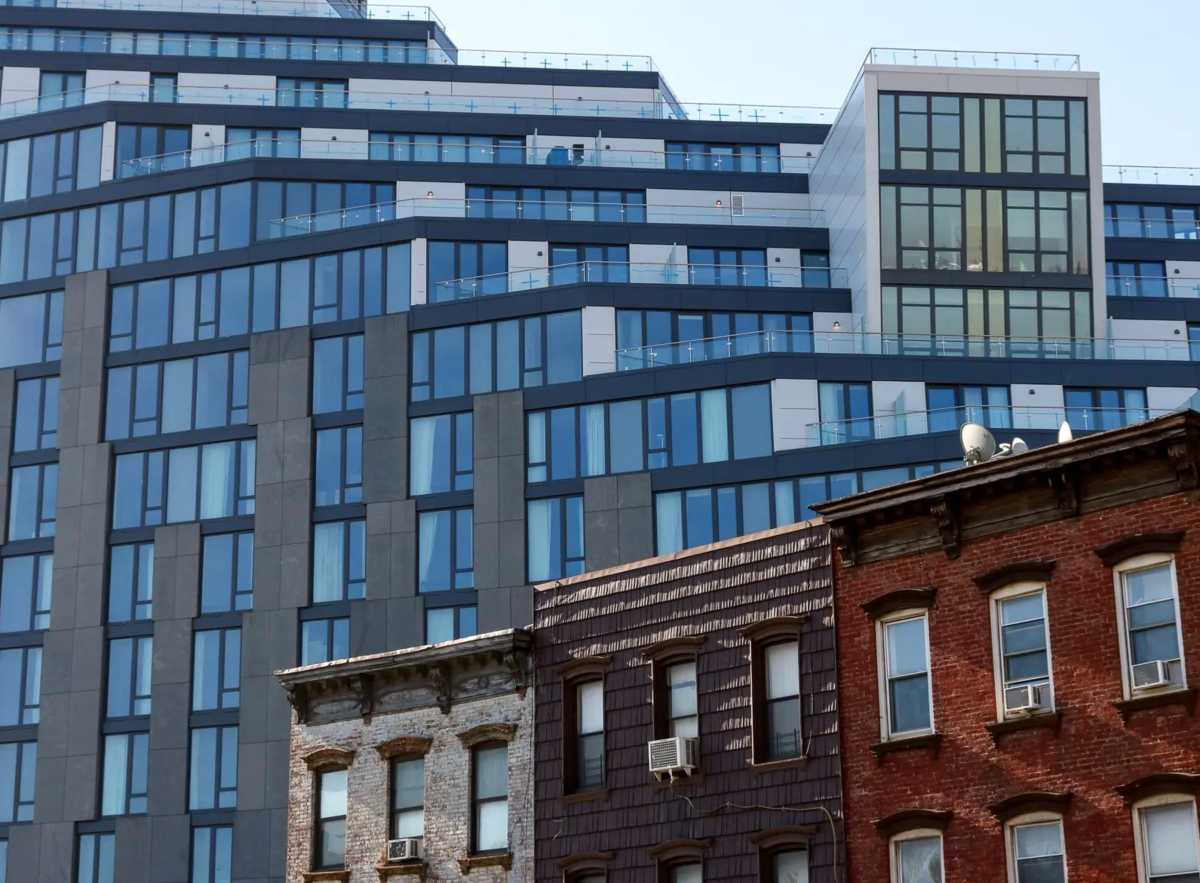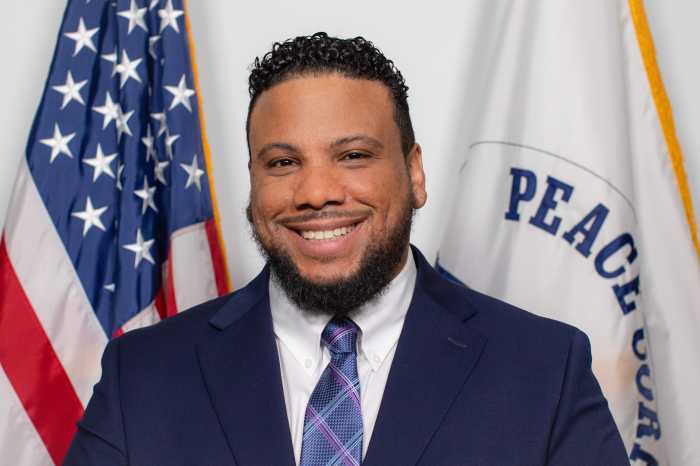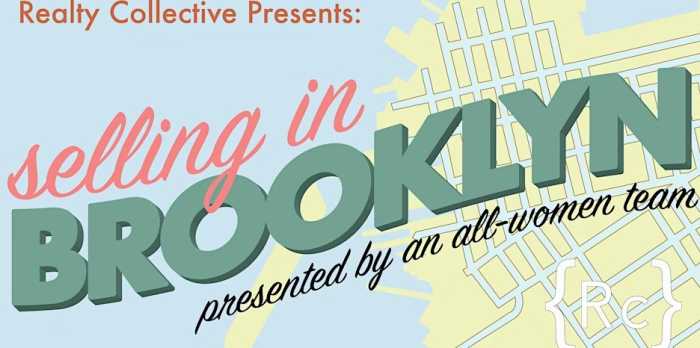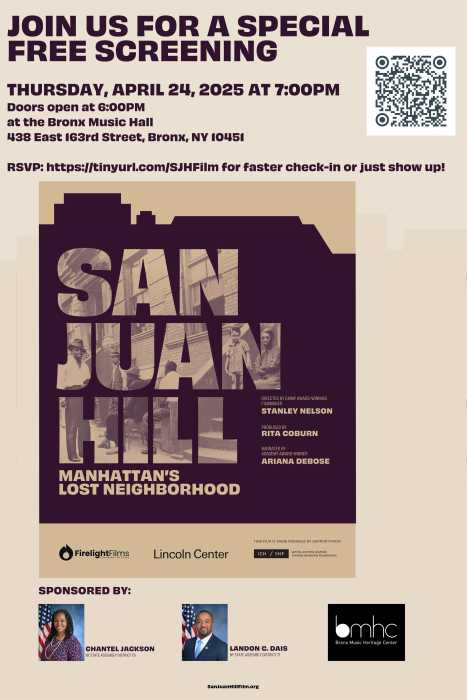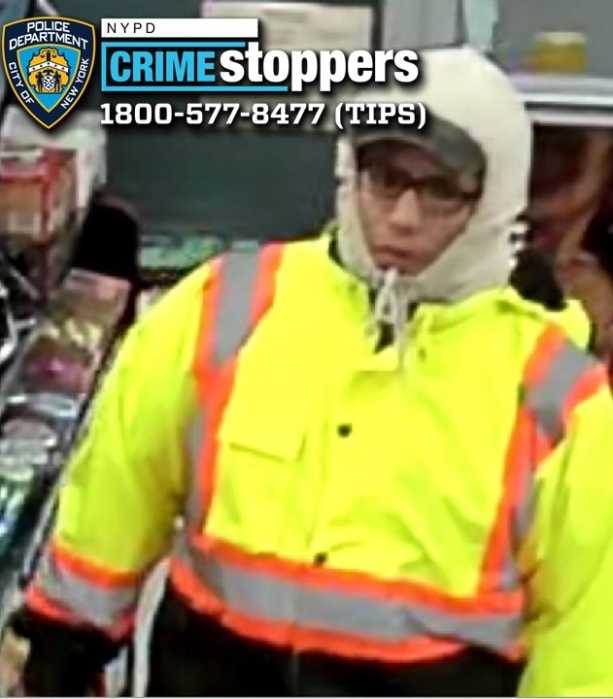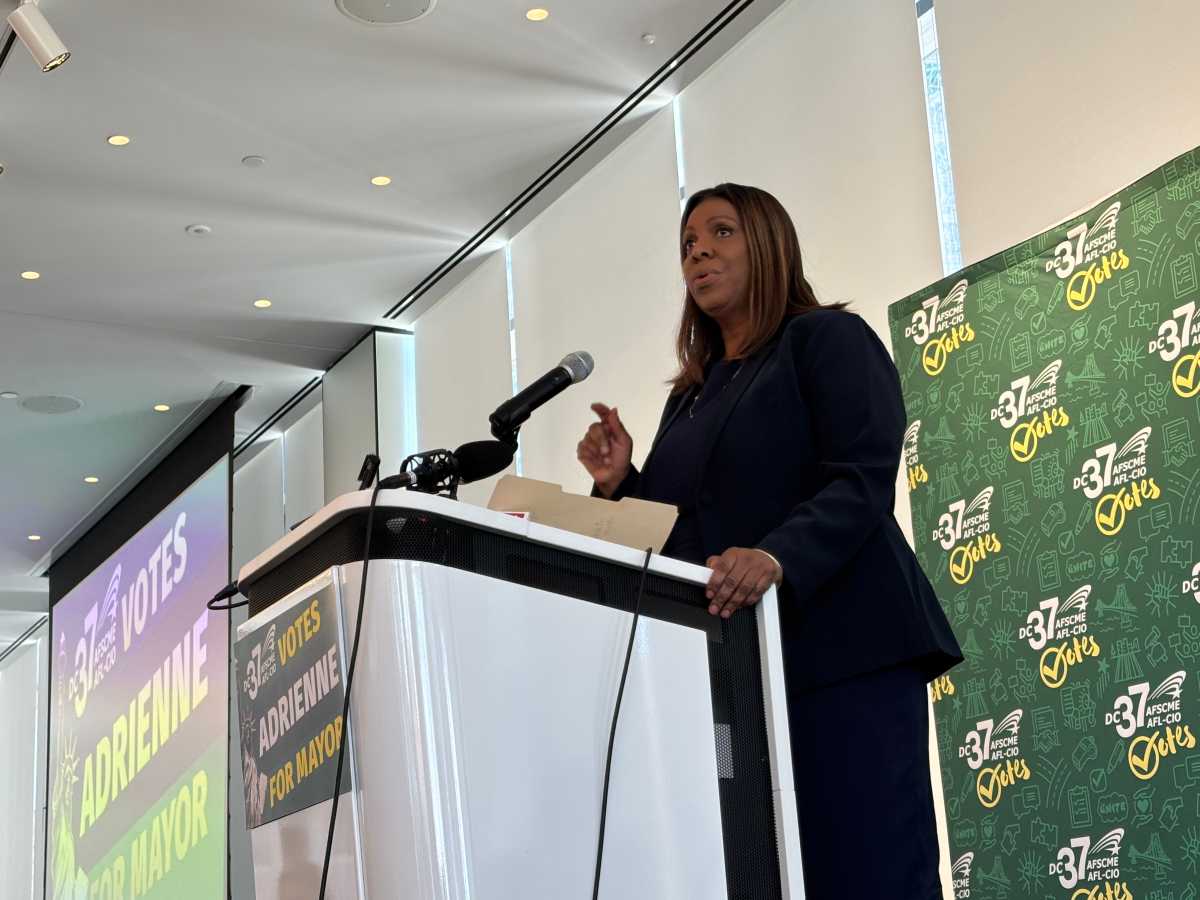Eli Ramos, Stefan Henry and Khan Sakeeb all went to high school together. Henry and Ramos connected again while at the City College of New York (CCNY). Ramos, who is from the Dominican Republic, was wrapping up his degree in International Relations. Henry, who is from St.Vincent, was studying mechanical engineering. Khan studied chemical and biomolecular engineering at the Polytechnic Institute, at New York University.
Once CCNY announced a new program for social entrepreneurship, that’s when Khan, Henry, and Ramos capitalized on the opportunity, with the idea of portable carry-on ramps for wheelchair users.
“I was ‘the talker.’ Stefan and Khan were ‘the doers.’ Though we were eliminated from contention for the 100,000 grand prize, the framework for ‘Level the Curve’— as we called it — was formed,” said Ramos.
Level the Curve (LTC) aims to help make life easier for disabled people in New York City. It does so by creating custom products that are affordable, and adapt to each customer’s needs. Products that have been created include a fork and spoon holder, which is the organization’s most successful one to date.
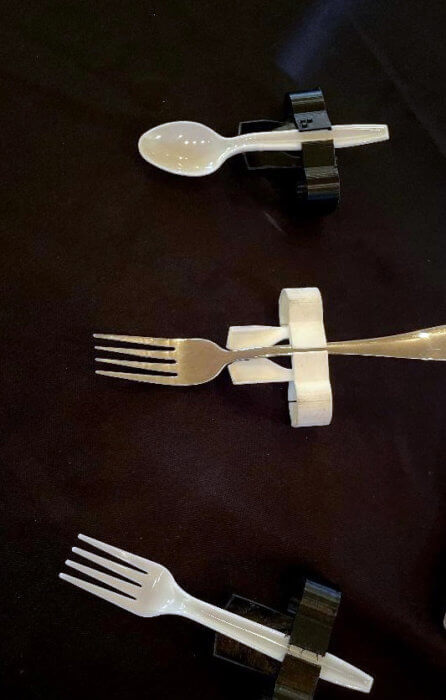
For example, this product helped a young man living in a nursing home be a bit more independent. “After not being able to feed himself for five years, he was able to chow down on some mashed potatoes without assistance,” Ramos added.
Other products in development are the Spinal Mobility Therapy Chair — a seating device that fastens to the edge of a bed/mat that is specifically designed for Lawrence Harding’s Spinal Mobility Technique.
“It’s a technique that Stefan and I both credit to our level of independence,” Ramos continued.
There is also the Vulcan Grip, a universal mount for hand-held leisurely devices.
To be able to provide these products to the NYC disability community, LTC hosts annual fundraisers. The ThisAbility Art Showcase features various disabled artists, while the Field Day has indoor and outdoor recreational activities with cash prizes.
According to Ramos, challenges in the business industry in regards to the disability community, in addition to cost and government approval, include a lack of both visibility and interest.
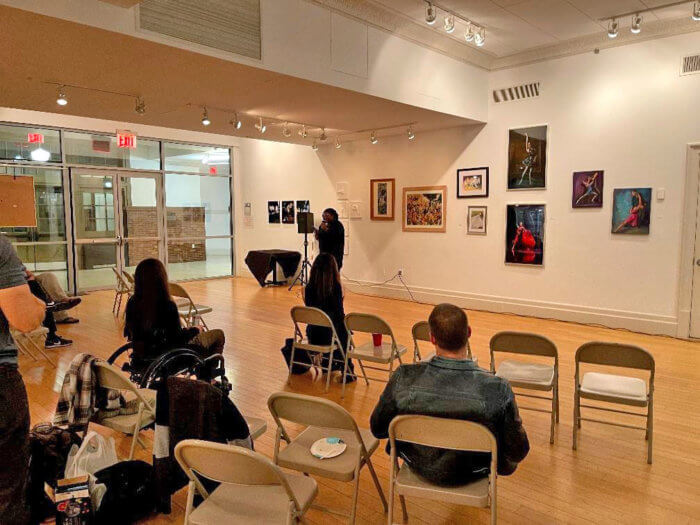
“Disabled people aren’t the ones directly involved in the design phase. 20% of the global population has a disability. It’s the biggest untapped market in tech,” he said.
Ramos wants people to know that he, Henry and Khan, as founders of LTC, are creating the products themselves. “We’re also the end users of our own designs, so it comes from a place of lived experience and our acquired know-how,” he stated.
The short term goal for LTC: to mass produce the fork/spoon holder, while also developing a working prototype of the ramps, therapy chair and Vulcan grip.
The long term goal is to attract more investors and receive more government contracts to cover operating costs.
“It would free us up to conceptualize additional products and develop a whole product line and e-store,” Ramos stated.
To stay up to date on all that LTC is doing, you can follow the organization on Facebook, Instagram, and LinkedIn. You can also get in touch with LTC on their website, https://www.levelthecurve.com.


